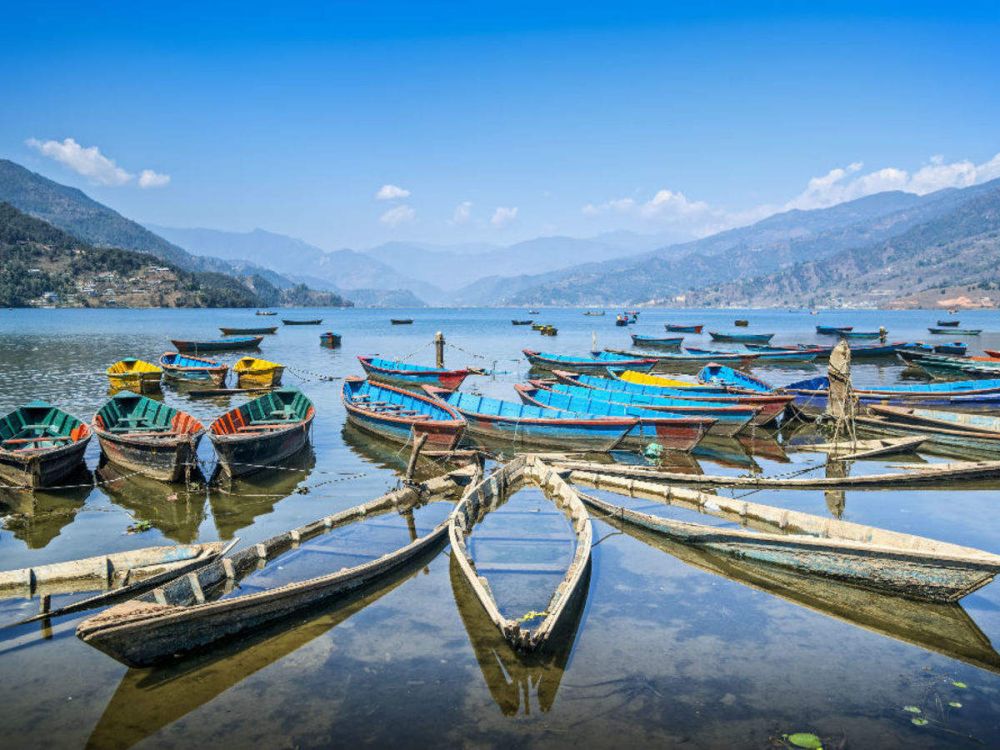

Nestled in the heart of Pokhara, the serene beauty of Phewa Lake has been drawing travelers from around the world for decades. While Pokhara itself has been a vital hub for traders and pilgrims for centuries, it wasn't until the 1950s and 1960s that it began to emerge as a tourist destination. The establishment of the first hotel by the lakeside, Hotel Fewa, in 1957, set the tone for a burgeoning hospitality industry.
The 1970s saw a significant uptick in visitors, partly due to the hippie trail movement. Foreign tourists, especially from the West, were enchanted by the laid-back atmosphere and the picturesque views of the Annapurna range reflected in the lake's calm waters. With the opening of the regional airport in 1972, there was easier access to Pokhara and its natural wonders, including Phewa Lake.
During the 1980s and 1990s, the focus shifted to more structured tourism as adventure sports and trekking became increasingly popular. The establishment of the Annapurna Circuit trek and the trek to the Annapurna Base Camp brought a new wave of tourism to the region. Additionally, Phewa Lake became a central hub for tourists looking to relax after their Himalayan adventures.
In the 21st century, Pokhara and Phewa Lake have witnessed an evolution in tourism offerings, with a move towards more sustainable and eco-friendly practices. This has included the rise of homestays, organic farms, and eco-lodges that minimize the environmental impact on the lake and its surroundings.
Adventure tourism remains a significant draw, with paragliding, zip-lining, and ultra-light flights offering unmatched views of the lake and the mountains. Paddle boating, kayaking, and sailing on Phewa Lake are popular activities that allow visitors to enjoy the tranquility of the water at their own pace.
Today, the lakeside area, known as Lakeside or Baidam, is lined with a plethora of hotels, restaurants, and souvenir shops catering to an international clientele. The Tal Barahi Temple, situated on an island in the middle of the lake, is a significant religious and cultural site that adds to the area's tourism value.
The local government and private sector are continuously collaborating to ensure the sustainability of tourism in this precious region. Initiatives on preserving the ecological balance of Phewa Lake while maintaining the area as a tourism hotspot are increasingly prioritized. Additionally, the promotion of off-season travel and the diversification of activities and attractions aim to spread the benefits of tourism throughout the year.
The trend of experiential and responsible tourism has seen visitors seeking out cultural exchanges and community-based tourism experiences. As such, tourism around Phewa Lake is a dynamic blend of natural beauty, adventurous activities, and authentic cultural interactions—a mix that ensures its longevity as a top Nepalese destination.